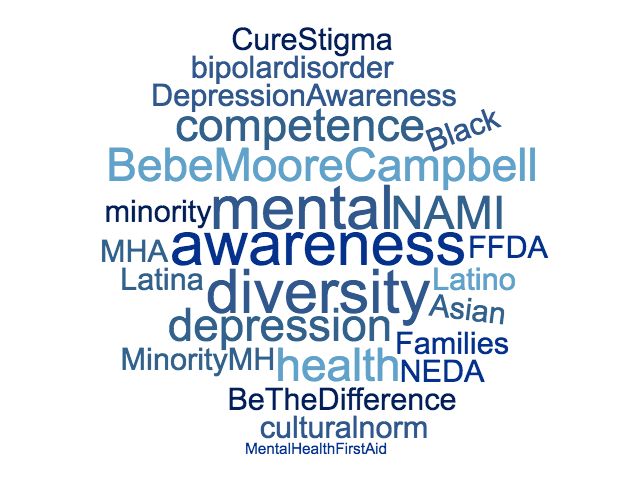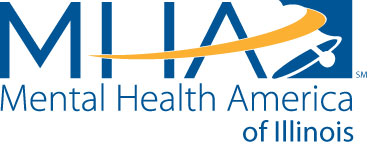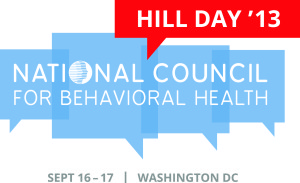In Tuesday’s Expert Perspective, the National Council’s Chuck Ingoglia described the Mental Health First Aid Act, the proposed legislation which seeks $20 million in grant funding for training that prepares individuals to recognize and respond to emerging mental health conditions and crisis situations.
CFYM sat down with Lisa Goodale, Vice President of Peer Support Services at the Depression and Bipolar Support Alliance and a certified trainer for Mental Health First Aid to learn more about the program and discuss the potential impact of this legislation. Goodale has been training individuals in Mental Health First Aid since 2010.
Lisa Goodale, M.S.W., on Mental Health First Aid
CFYM: Why is Mental Health First Aid important?
LG: You’re much more likely to encounter somebody in a mental health crisis than you are to encounter someone having a heart attack or a stroke. Even though they may never encounter someone [experiencing physical trauma], people take first aid to be prepared. So when you look at the prevalence of mental health conditions, it’s a no-brainer.
People think they have to have specialized knowledge to help with mental health problems. But there’s a lot that people can do for themselves in those situations in terms of self-help, and one of the pieces of Mental Health First Aid that we highlight is how the Mental Health First Aider can help encourage someone to use self-care and support strategies.
Read More













Connect With Us